Millions of people around the world have modified their working habits as a result of the COVID-19 outbreak. Working from home has been the norm for many people in recent months. Those who have remained at work have been required to adhere to new working practices and procedures to limit the spread of infection.
Anyone returning to work, including educational institutions, cafés, restaurants, and shops, will be concerned about contracting the COVID-19 when they come in touch with other individuals in public places. Everyone is aware of the dangers of infection from airborne particles and the importance of social distancing guidelines.
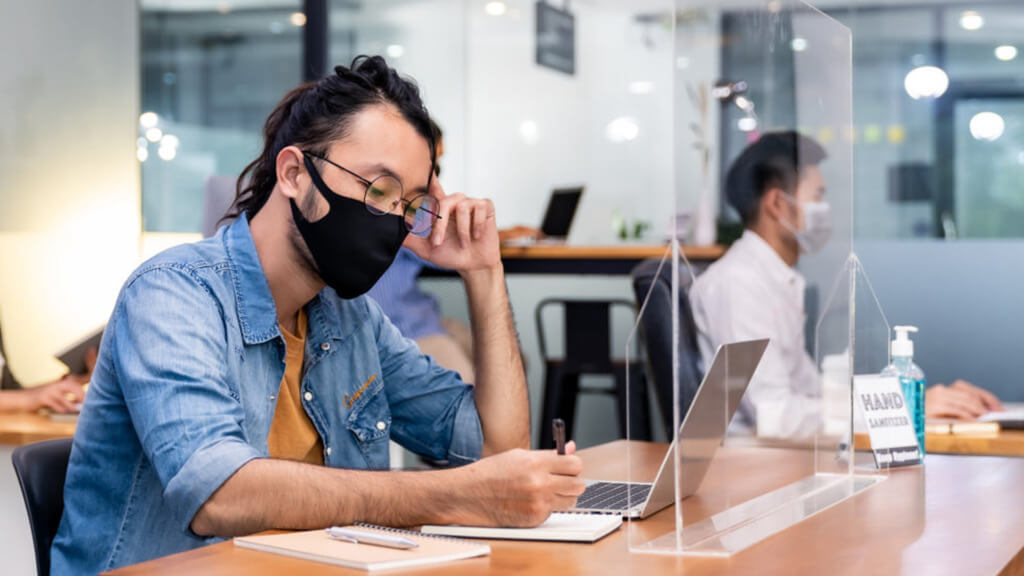
As a result, air hygiene is an essential aspect of protecting people at work and home. This involves stepping up measures to avoid COVID-19 transmission in indoor environments. As individuals, we must also appreciate and understand the importance of improving indoor air quality as we work from home.
COVID-19 and indoor air quality
There are thousands of ways your home can become polluted. Toxins in the air affect everyone differently, and a multitude of factors can be used to explain most symptoms. As you can see, identifying hazards in your home is a difficult task. To top it off, certain indoor pollutants immediately affect individuals, while others cause harm over time.
There is rapidly increasing evidence that COVID-19 can be spread through the air. As a result, air hygiene in areas where people congregate for extended periods is a critical component of indoor air safety measures. Homes, offices, stores, restaurants, classrooms, and public transportation are examples of these areas. As a result, improving indoor air quality is vital to your family’s and your safety. Improved home ventilation and regulation of indoor relative humidity are among the recommendations made by the NEA to improve indoor air quality during this COVID-19 period.
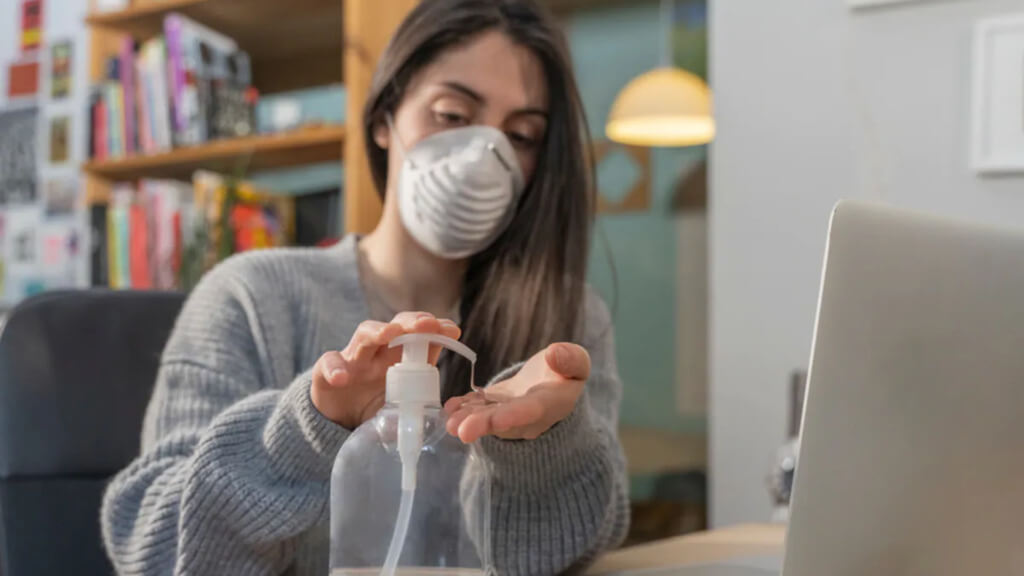
Given that many of us spend 90% of our time indoors, we should seek guarantees that staying in a confined location for lengthy periods is safe in the current climate. This entails ensuring clean and high-quality indoor air and preventing airborne illnesses via aerosols and respiratory droplets to protect people’s health and well-being.
How airborne particles can spread diseases
The health impacts of indoor air pollution can occur immediately after exposure or years later. If the source of the pollution can be located, the treatment may consist of merely removing the person’s exposure to it. However, some disorders, such as asthma, and hypersensitivity pneumonitis, may manifest symptoms shortly after exposure to indoor air pollution.
COVID-19 and other respiratory illnesses are spread by viruses that carry respiratory particles. Researchers frequently divide these into droplets (>5-15m) and aerosols (>5–15m) – an arbitrary classification to distinguish between those that fall to the ground rapidly and those that can float in the air for lengthy periods.
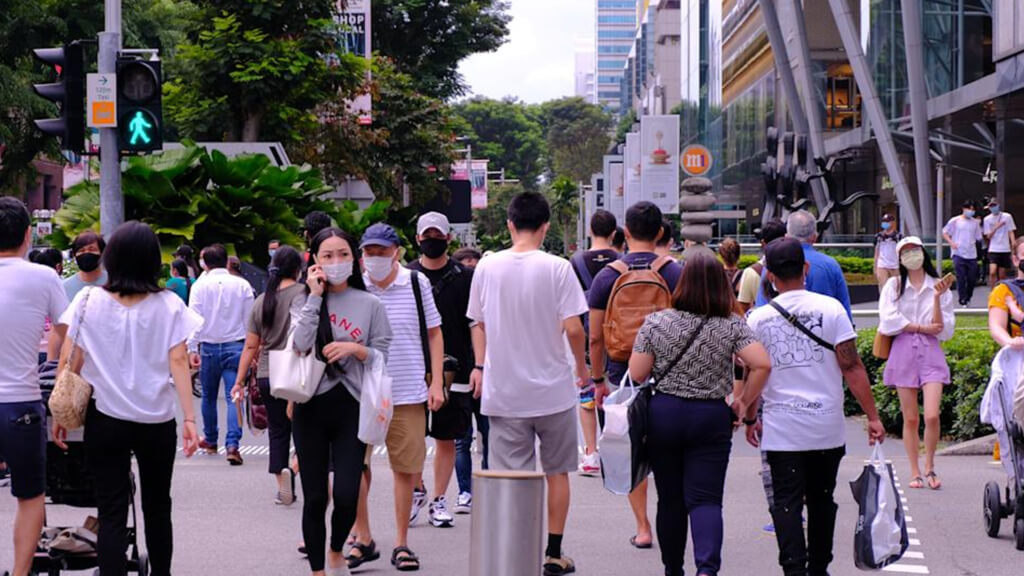
During breathing, talking, coughing, sneezing, and even singing, infected people release particles of varying sizes. Mucus and saliva make up the droplets and aerosol particles. They are spread through the respiratory system by air passing across infected tissue.
The bulk of droplets are believed to fall from the air and land on a surface within 1–2 meters of the affected person. In situations where people interact, WHO and government guidelines still advocate maintaining a safe distance. To avoid cross-contamination from these droplets and distance, proper surface and hand cleanliness are essential.
Other health problems may appear years after exposure or only after prolonged or repeated exposure. Some respiratory problems, such as heart disease, and cancer are among the side effects that can be highly debilitating or fatal. So even if you don’t notice any symptoms, it’s a good idea to try to enhance your home’s indoor air quality.
Tips for improving air quality
Ventilation: Keep your windows open to avoid trapping pollutants inside your home. Inadequate ventilation can raise indoor pollutant levels by failing to bring in enough outdoor air to dilute indoor sources emissions and not bringing indoor air pollutants outside the home. Air travels through opened windows and doors in natural ventilation. Mechanical ventilation devices, ranging from outdoor-vented fans that remove air from a single room, such as the bathroom or kitchen, to air handling systems that use fans and ductwork to remove indoor air continuously while distributing filtered and conditioned outdoor air to strategic points throughout the house, can also be used.
Cleanliness: Vacuum frequently to keep your house clean. If you’re looking for a vacuum, choose one that’s sealed, comes with a bag, and is HEPA-certified. They’re better at trapping dust rather than returning it to the atmosphere. According to home experts, carpets and rugs should be vacuumed at least twice a week and more frequently in high-traffic areas. If you have dogs in the house, you should vacuum every day to eliminate dirt, hair, dander, and microscopic allergens that are undetectable to the naked eye.
Microbes control: The journal BMC Infectious Diseases recently published a special issue on the airborne microbe, focusing on pathogen transmission through the human breath and other health effects like respiratory irritation, infections, asthma and allergy, alveolitis, organic dust toxic syndrome, and chronic bronchitis. Microbe particles in the air can be particularly problematic for asthma and other lung diseases; thus, it’s preferable to eliminate microorganisms with ultraviolet light.
Humidity and mold control: Maintaining humidity levels that inhibit pathogen growth is beneficial to one’s health and well-being. Purchase a dehumidifier to assist in maintaining proper moisture levels in your house and prevent mold formation. A dehumidifier can help remove moisture quickly and prevent mold or mildew from forming in the corners of walls or ceilings in any area, including the restrooms.
How air sterilizer is useful in Singapore
Sterilizers and purifiers both operate to reduce pollution and enhance the quality of indoor air. In general, sterilizers kill bacteria, mold, and viruses, whereas purifiers are better at eliminating dust and pollen particles in the air.
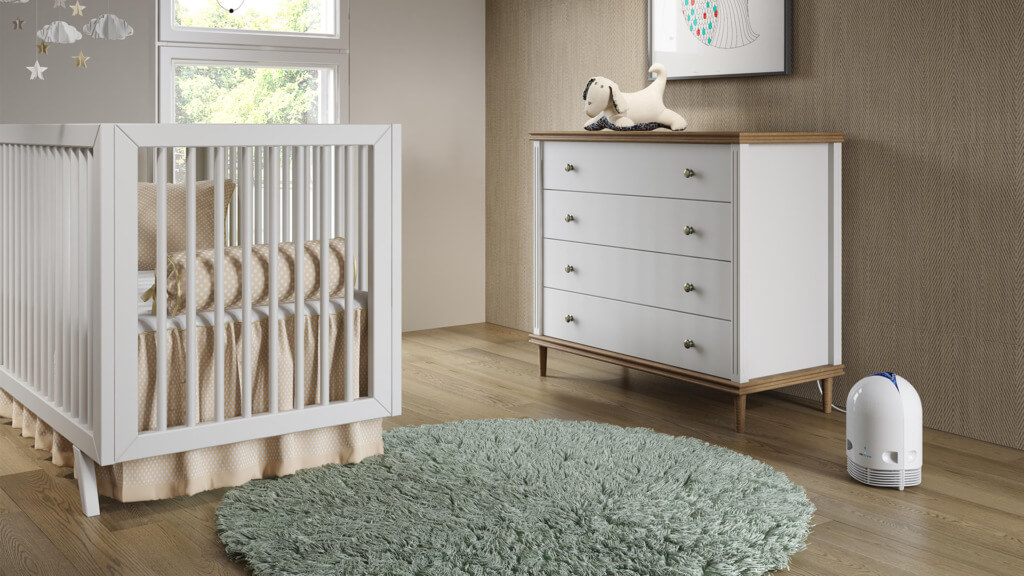
A purification system will help improve air quality when a home is located in a dusty environment. Good purification will protect family members from allergies-related respiratory problems and minimize dust in the surroundings. It can also aid in the protection of HVAC equipment by avoiding dust accumulation.
On the other hand, UV sanitization systems are the gold standard for preventing illness when illness is a problem. This is because UV systems treat the air that travels through the ducts and create ozone, which helps treat the air in the house.
In Singapore’s fast-paced environment, and according to reports, Singaporeans enjoy a hectic and fast-paced lifestyle, working long hours in stressful occupations. So a filterless air steriliser from Airfree is a godsend because it effectively removes bacteria, fungi, viruses, pollen, pet allergens, dust mite allergens, and other organic airborne pollutants that cause allergy attacks and asthma attacks; it is also simple to maintain, making it hassle-free for the busy lifestyle.
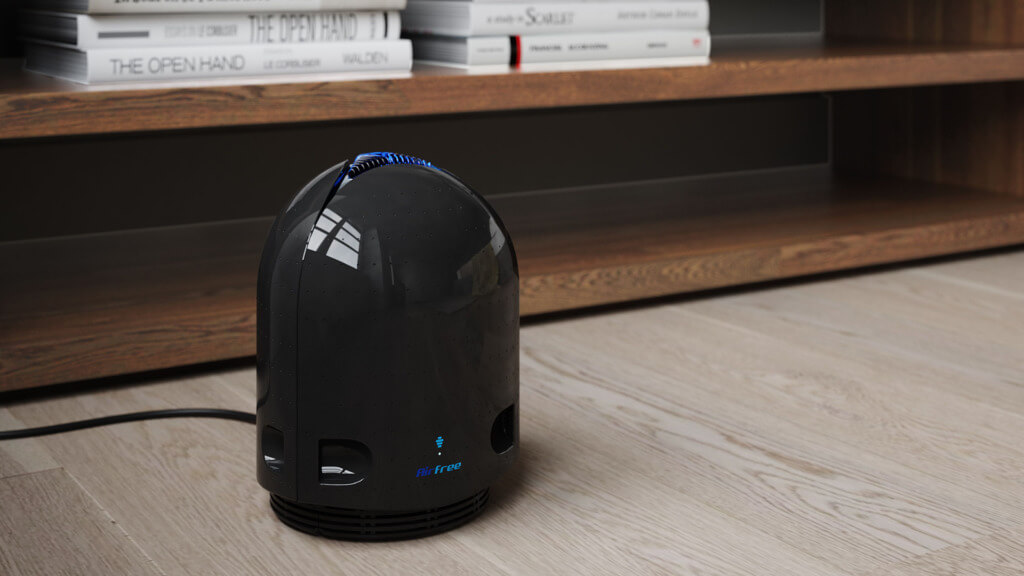
At the same time, the efficacy of Airfree’s exclusive TSS Technology in the process of inactivating COVID-19, keeping indoors secure against COVID-19, was also confirmed in a recent scientific test conducted by MRIGlobal. All germs, including viruses, have been demonstrated to be destroyed by its proprietary heated ceramic core. COVID-19, like most viruses, is heat-sensitive; hence it can be effectively inactivated by exposing it to high temperatures.
Despite the recent increase in COVID-19 cases in Singapore, all hope is not lost because these are some simple steps you can take to enhance the quality of your indoor air. Whether it’s keeping your house clean or installing an air sterilizer in your Singapore home, any strategy for resilience against a pandemic is important as we continue to work from home.





